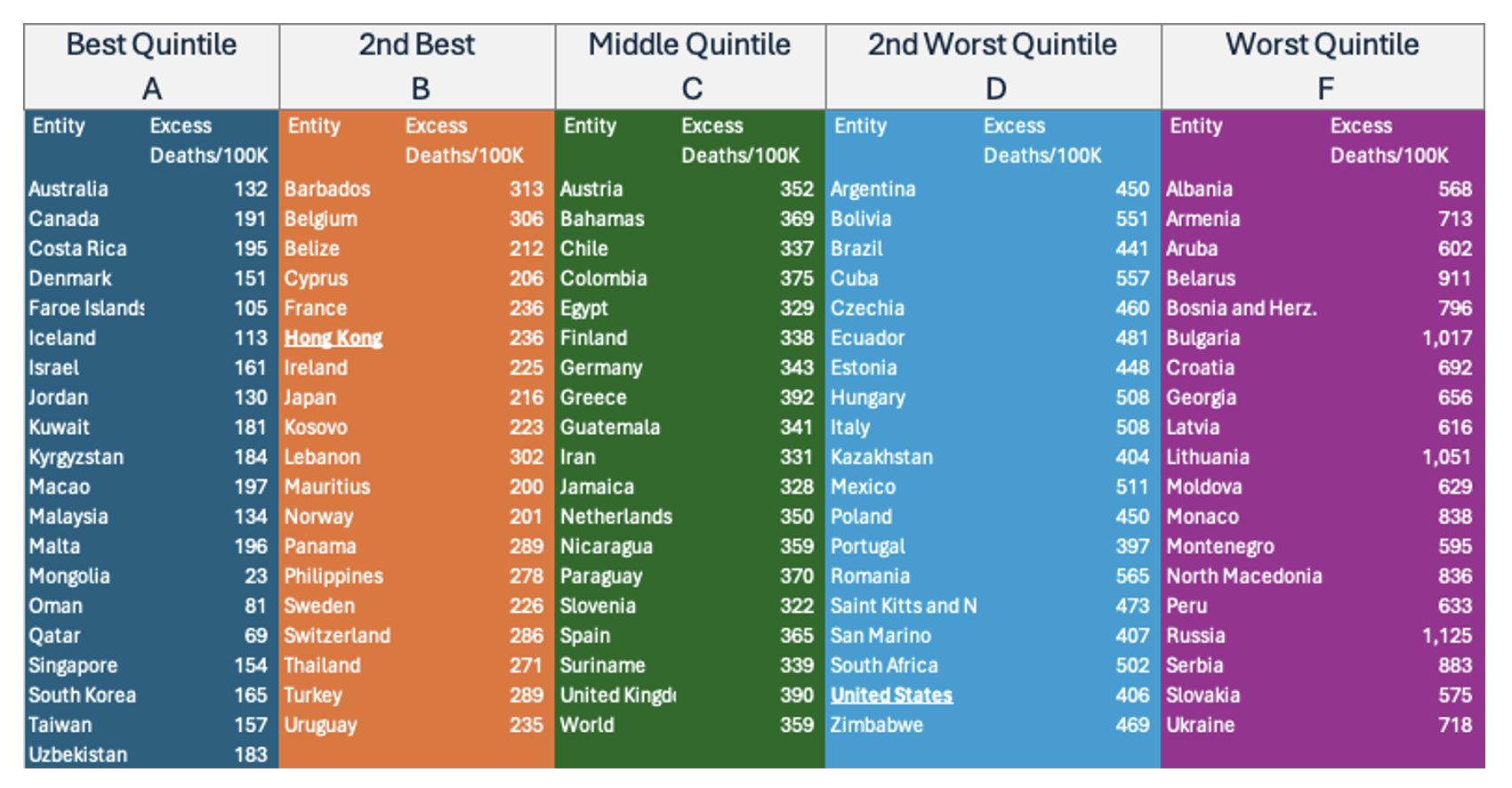Should Have Said
Difficult conversations become difficult because of crossed channels. Unlike machines that just upload and download data human conversations includes feelings, and identity[1]. Everyone has experienced the regret of replaying failures in difficult conversations. What can we do to get it right on the first take?
Professor Liz Magill, the recently ousted president of U Penn had to face her difficult conversation on the global stage. Here is the excerpt central to her defenestration.
|
A) ELISE STEFANIK: Ms. Magill, at Penn, does calling for the genocide of Jews violate Penn’s rules or code of conduct, yes or no? B) LIZ MAGILL: If the speech turns into conduct, it can be harassment, yes. C) ELISE STEFANIK: I am asking specifically. Calling for the genocide of Jews, does that constitute bullying or harassment? D) LIZ MAGILL: If it is directed and severe or pervasive, it is harassment. E) ELISE STEFANIK: So, the answer is yes? F)
LIZ MAGILL: It is a context dependent decision, Congresswoman. G) ELISE STEFANIK: It’s a context dependent decision? That’s your testimony today? Calling for the genocide of Jews is, depending upon the context, that is not bullying or harassment? This is the easiest question to answer yes, Ms. Magill. So, is your testimony — H) LIZ MAGILL: If it — if it — I) ELISE STEFANIK: That you will not answer yes? J) LIZ MAGILL: If it is — if the — K) ELISE STEFANIK: Yes or no? L) LIZ MAGILL: If the speech becomes conduct, it can be harassment, yes. |
In the “facts” conversation, the congresswoman asks a yes or no question two times, and the professor answers yes two times. That should have settled it. Keep saying yes. But that did not happen. At the worst moment, Professor Magill mentally teleported from congressional hearing to college seminar. She became a professor of moral reasoning lecturing to a student. Prof wants her student to know that moral judgments about speech need to be contextual (line F). That pivot undid her.
A hostile congressional hearing is marathon for the brain. Congresswoman Stefanik and her allies were a production company bent on coming up with the sound bite that they could trade for clicks and likes and accolades from their supporters. The pressure was relentless.
Worn down and faced with high stress, it is natural to fall back on what we are good at. The comfort zone for many, especially for academics, is to have conversations about facts and theories. But everyone needs to find a way to stay grounded in the present moment.
In Liz Magill’s mental do-over, I bet she pounded the table with her fist to offer a resounding Yes. But nobody gets do-overs. We get one chance to tune in to each encounter. We all have to develop the habit of mindful listening to be always aware of all three conversations: facts, feelings and identity.
[1] Heen, Sheila and Doug Stone Difficult Conversations. Viking Press 1999 from the Harvard Negotiation Project


Comments
Post a Comment